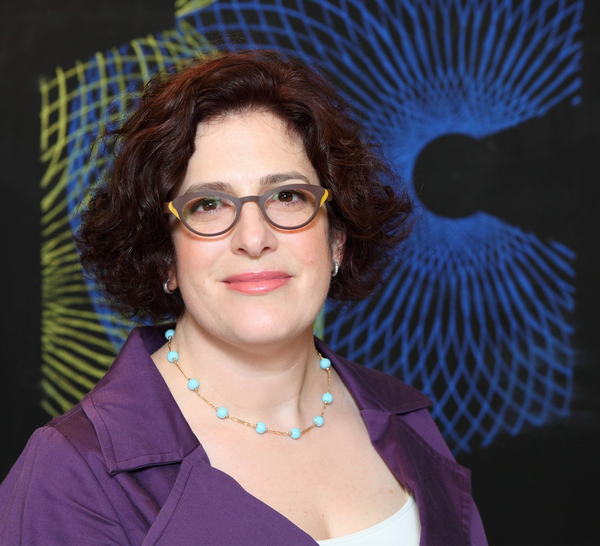- Sponsor
- Humanities Research Institute
- Speaker
- Jennifer Brier (History, University of Illinois Chicago)
- Registration
- Registration
- info-hri@illinois.edu
- Views
- 291
- Originating Calendar
- HRI
2021 will mark the first anniversary of COVID-19 in the United States and the 40th anniversary of HIV/AIDS. Yet both pandemics continue to affect our well-being and health. How might history help us move beyond oversimplified comparisons between the two, while showing us that health is always more than the absence of disease? Jennifer Brier (History, University of Illinois at Chicago) will share work from I’m Still Surviving: A Living Women’s History of HIV/AIDS and 27 Questions for Writers & Journalists to Consider when Writing about COVID-19 & HIV/AIDS (http://hivdoula.work/27-questions). Register to attend
HRI's Out of Isolation Series examines the intersection of COVID-19 with research on race and ethnicity, class and gender, labor and poverty, access and public education, climate change and other “preconditions."
About the Speaker
With a joint appointment in the Program in Gender and Women’s Studies and the History Department, Jennifer Brier’s research and teaching are largely focused on exploring the historical intersections of gender, race, and sexuality. Her first book, Infectious Ideas: U.S. Political Response to the AIDS Crisis (University of North Carolina Press, 2009) argues that AIDS provides the perfect lens through which to see the complex social and political history of the 1980s and 1990s. She substantiates this argument by detailing how activists, service providers, philanthropists, and the federal government responded to AIDS in the first two decades of the AIDS epidemic. She places the history of a successful yet complex and contentious social movement organized to deal with the AIDS epidemic in conversation with a more traditional political history of how the state dealt with this public health crisis. Finally, she links the local to the global by connecting the development of domestic AIDS policy and activism to global AIDS policy and activism.
College of LAS Events
If you will need disability-related accommodations in order to participate, please email the contact person for the event.
Early requests are strongly encouraged to allow sufficient time to meet your access needs.

